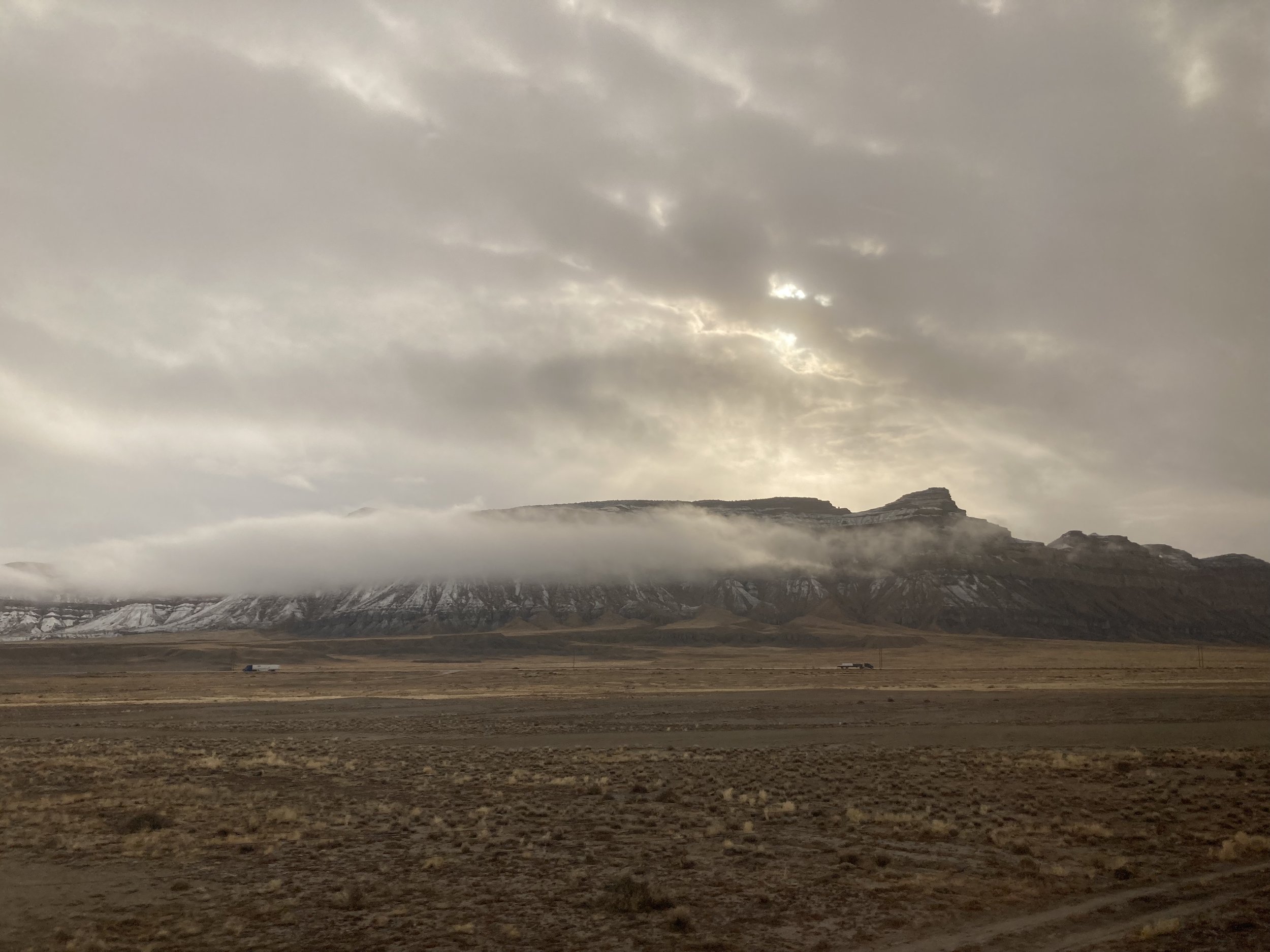Hello friends,
I recorded a new podcast episode with Bryan “Mr PirateCaptainERE” again — we talked about how pathological culture fails to meet many human needs, and why, and what to do about it.
I also recorded a new podcast with Jack, who walked with his wife Alana and baby Din most of the way from Canada to Mexico on the Pacific Crest Trail. His book about the adventure is coming out soon, and I highly recommend it even if you have no intention of long distance hiking, with or without a baby.
Reading Recs
This article on Money as Addiction is an incredible reframing of needs and pairs well with my conversation with Bryan. I read it twice in a row and will be coming back to it again later. From the article (bolding mine):
Here’s a provocation: technological and economic progress is all about us sinking deeper into a state of capture, having an ever bigger pile that all adds up to zero. The solutionist refusal to recognise that many of our gains are illusory, and that the drive towards high scores is - in the end - kinda pointless, is a refusal to recognise the contradictory, adaptable and morphing nature of reality.
…
In our interdependent economies, the expansion of capacities is mirrored by the expansion of needs, along with the altering of skills, culture and expectations through adaptation. We’re trained to notice that the proverbial caveman has less stuff and lower technological capacity, but we fail to notice that they also need less stuff, have less dependence (i.e. they have more internal resilience) and don’t care in the slightest about our judgement of their lives.
John Michael Greer’s essay The Laughter of Wolves is also a must-read. I’ve struggled for over a decade with the tension between wanting to do something to help the world, and the knowledge of how difficult it is to know just what to do and how easy it is to accidentally make things worse. This essay points in a useful direction away from top-down linear centralized command and control approaches to approaches based in ecological literacy. There’s a lot here and it’s a theme I’ll be exploring in more depth. From the essay:
Scientists have tried repeatedly to plan and create ecosystems. Those attempts reliably fail, because ecosystems are too complex to plan rationally. It turns out that dumping random plants on a barren island and letting them sort things out for themselves works better.
…
I’d like to suggest that the same rule can be applied more generally, and that it explains the cascading failures of the managerial elite that claims just now in the teeth of the evidence to be able to lead the world to a better future. Those failures have happened, and are continuing to happen, because the world is too complex to understand rationally. It is so full of unpredictable variables and intricate feedback loops that no degree of human expertise, no set of abstract principles, no concept of world order can provide accurate predictions and allow the creation of a viable and productive order on a global scale.
That’s all for now. Take care.
Views on the train from California to Colorado.
